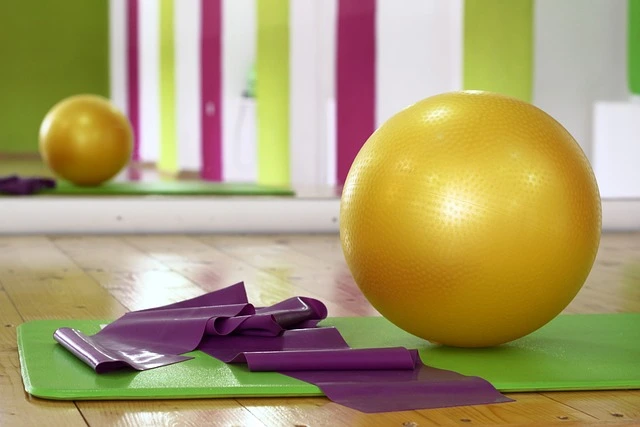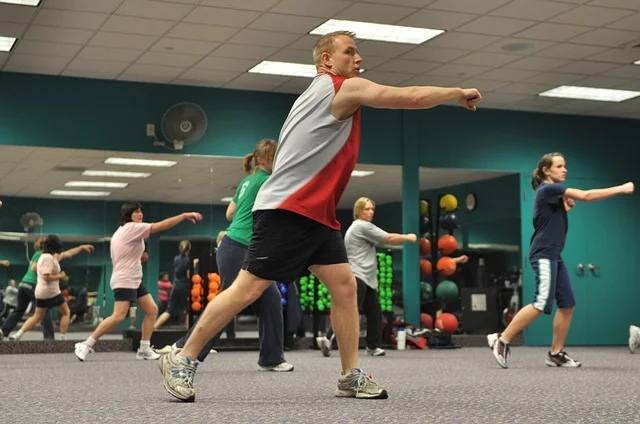Reasons you feel mentally depressed after a workout

Playing sports can be uplifting and motivating. However, many people notice that when they leave the gym, they feel depressed and sad.
6 reasons you feel mentally depressed after a workout
1. Physical exhaustion

One of the most common causes of depression and irritability after Exercise is physical exhaustion. If you’ve been exercising to the limit of your abilities or overextended yourself, negative feelings will be present. If you regularly challenge your body, unpleasant emotions can be accompanied by other symptoms of overtraining: muscle pain, fatigue, a feeling of lack of energy, lack of motivation, or hopelessness.
2. Hormonal imbalance
Exercise affects hormones: cortisol, serotonin, and endorphins. Fluctuations in these hormones can lead to an imbalance in the brain, which causes unpleasant emotions. For example, if cortisol levels are high, the positive effects of endorphins are blunted, so you feel depressed, anxious, and sad. Moreover, intense Exercise can deplete essential hormones such as serotonin and dopamine, which are responsible for maintaining a good mood. If they’re not enough, then you’re more likely to feel depressed than happy.
3. Increased stress level

Exercise can help you deal with stress, but sometimes it becomes stress. Our bodies have limited energy resources. When you train after you’ve spent the day on your feet or force yourself to go to the gym during an illness, you’re wasting energy that’s practically nonexistent. Such a habit can negatively affect both physical and moral well-being. It’s like taking on a heavy burden, realizing that your legs are buckling and you’re ready to fall.
4. Unrealistic goals
Unrealistic goals are often the cause of post-workout depression and decreased motivation. For example, you may be upset if you have set the main task for yourself to lose weight quickly and don’t see immediate results. Visit. A F R I N I K . C O M . For the full article. To avoid this, make your goals realistic and achievable. Start small and move on to bigger things, remembering that achieving results takes time and patience.
5. Unhealthy diet

Exercising increases your body’s need for nutrition. If it doesn’t get enough essential vitamins and trace elements, such as magnesium and omega-3, you may have mood problems. Ensure you eat a balanced diet and avoid heavy, processed foods after workouts. Try adding more carbohydrates, proteins, and natural fats to your diet.
6. Depression
Depression can be hidden, so it is pretty difficult to diagnose it. Think about whether there is a decline in moral strength after training or whether you feel depressed at other times of the day. If you suspect that it’s not just about Exercise, be sure to contact a specialist.
What to do if you feel depressed after a workout
Change the training program
Try adding more moderate-intensity exercises to your workout program instead of high-intensity ones. They are less likely to make you feel physically and mentally exhausted. Also, remember both physically and mentally exhausted. Also, don’t forget to rest and recover before returning to the gym.
Manage your stress level

Practice stress management techniques to avoid depression before and after your workout. Also, make sure you get enough sleep at night, and your body has time to recover.
Change your goals
Set specific, realistic, and achievable goals. This will help you avoid overexertion and attempts to achieve the impossible. If you’re new to the gym, consult a personal trainer to make your workout program effective, determine what results to expect, and learn how to assess your progress correctly.
Keep an eye on your condition
Pay attention to how you feel before, during, or after your workout. Write down your emotions in a notebook every time you go to the gym to keep track of your mental state. This will help you better understand the causes of depression and contact a specialist in time, having a list ready to help with diagnosis.
Eat right and avoid dehydration

Be sure to have a snack before exercising to gain energy. Choose a meal rich in carbohydrates and healthy fats and consume it two hours before heading to the gym. Don’t forget to replenish your energy reserves after a workout—prefer meals rich in protein and carbohydrates. Also, take care to maintain the body’s water balance. Drink plenty of water throughout the day and during Exercise to maintain your health and control your mood.




